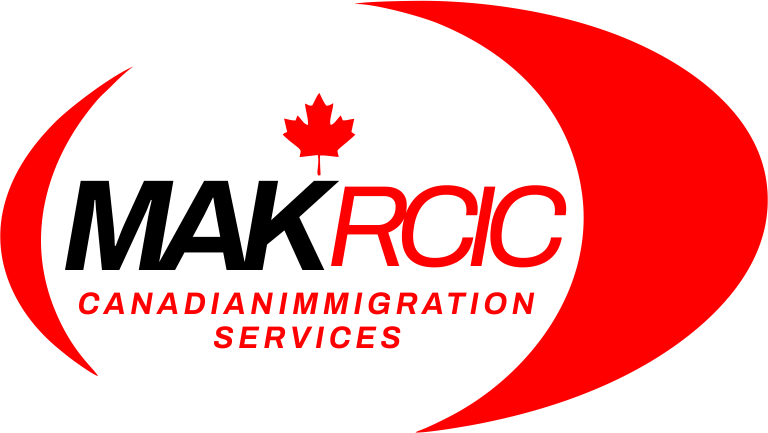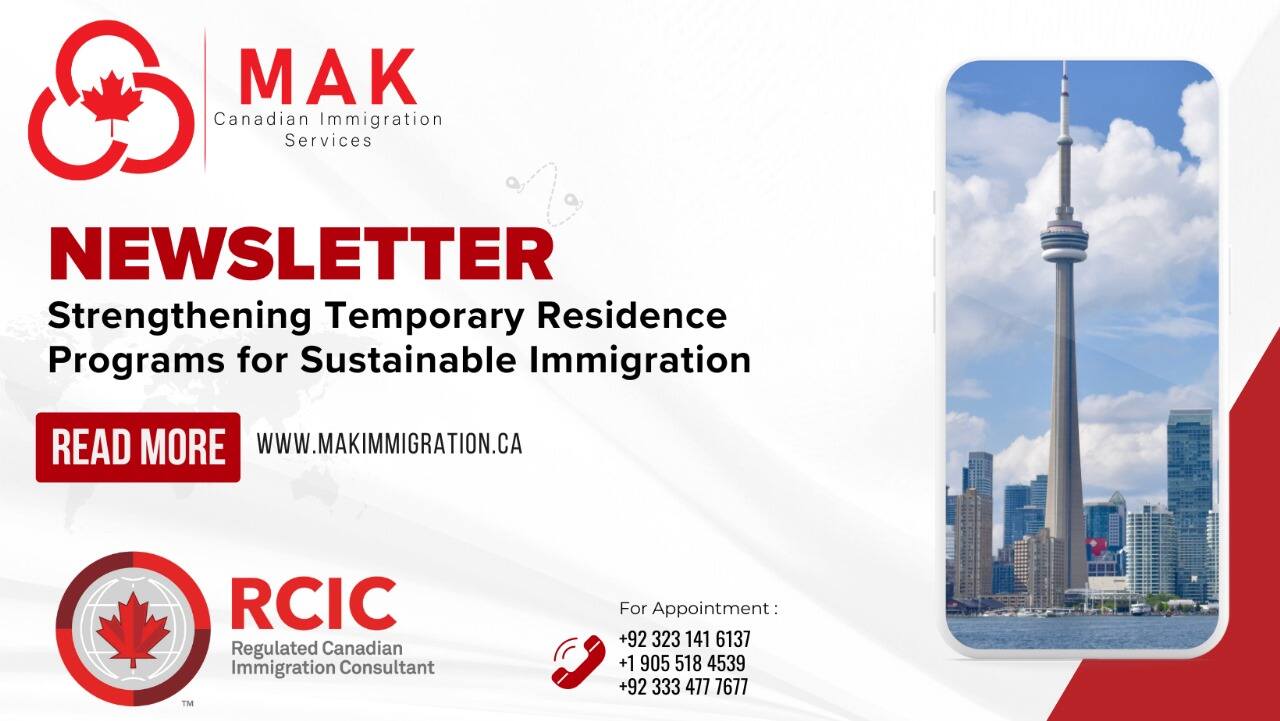Canada has long been a destination for newcomers, welcoming individuals who contribute to its diverse culture and economic growth. In the wake of the pandemic, reforming and sustaining its temporary residence programs is crucial for aligning with the country’s evolving economic needs.
Managing Economic Pressures Through Strategic Reforms
While temporary residents play a key role in filling labor gaps, unchecked growth can strain resources. To address this, the IRCC aims to reduce the temporary resident population from 6.5% to 5% by 2026. This measured approach ensures that immigration aligns with Canada’s economic capacity and provides essential support for new arrivals.
Reforming the International Student Program
As part of these reforms, the International Student Program will see tightened eligibility criteria to manage the rising number of international students. Reducing study permit intakes in 2025 and stabilizing them by 2026 will maintain high educational standards and offer students better opportunities for workforce integration.
Post-Graduation Work Permit Program Changes
Graduates will now be required to demonstrate proficiency in French or English as part of the Post-Graduation Work Permit Program. This change enhances their readiness for the Canadian workforce and supports their transition to permanent residency, aligning with Canada’s broader immigration goals.
Ensuring Integrity in Asylum and Visa Processes
Canada is also addressing asylum seekers and temporary residents by introducing stricter visa assessments and tools to combat fraud. These measures will preserve the system’s integrity while continuing to support those genuinely in need.
These reforms reflect Canada’s commitment to balancing economic growth with responsible immigration to Canada, ensuring temporary residents contribute to long-term national prosperity.


